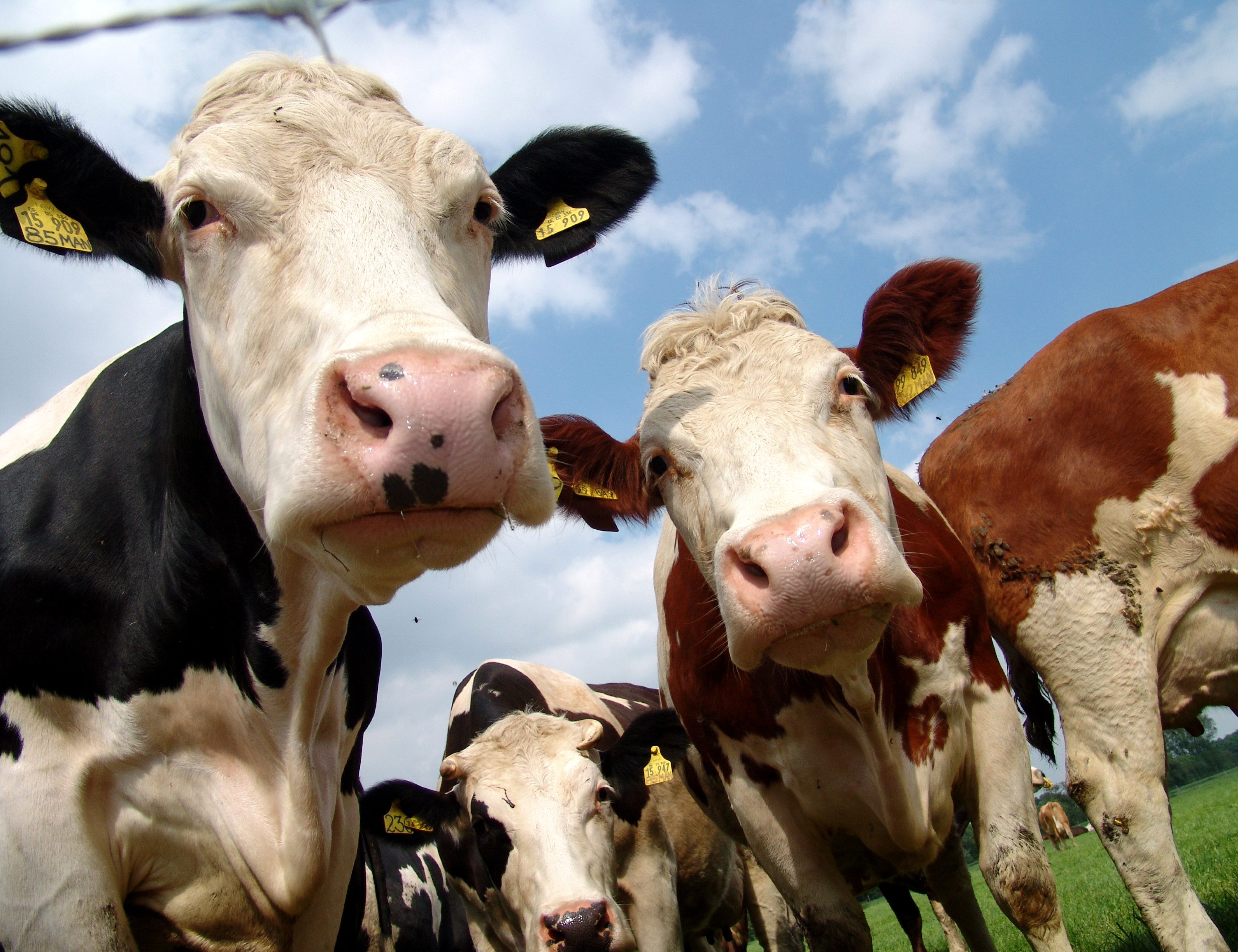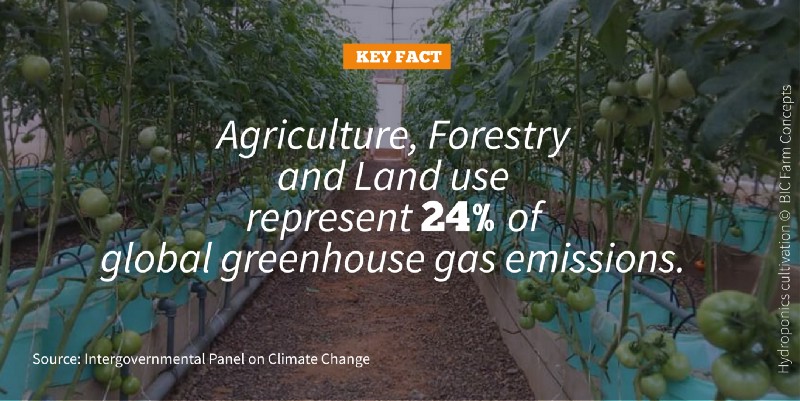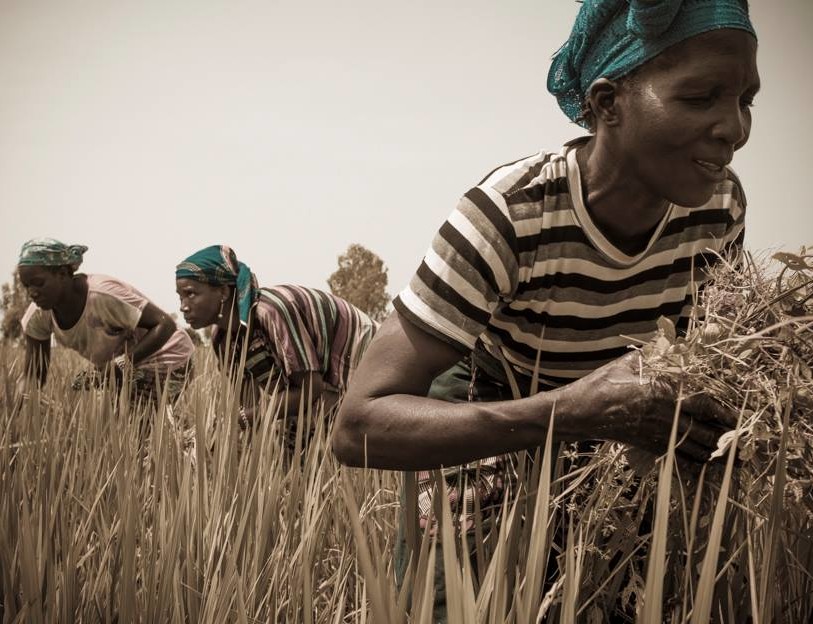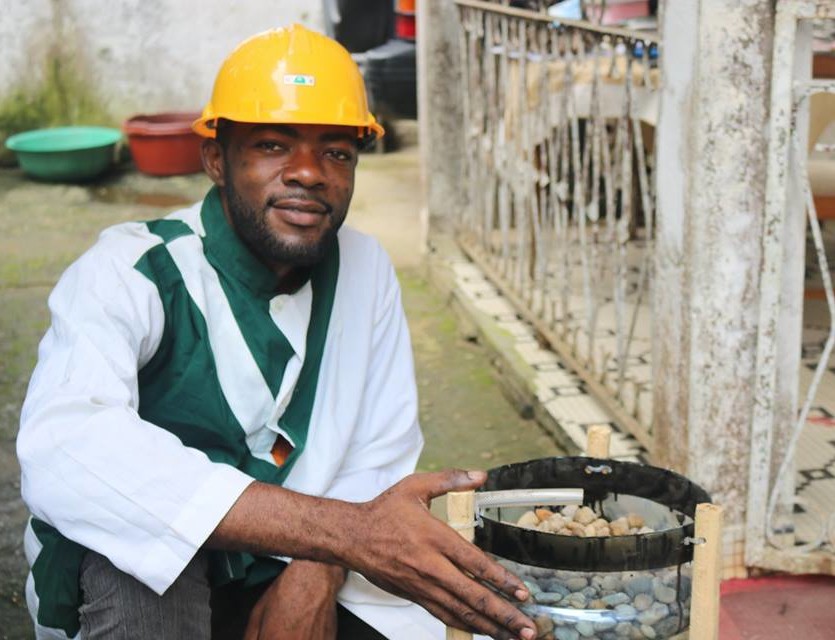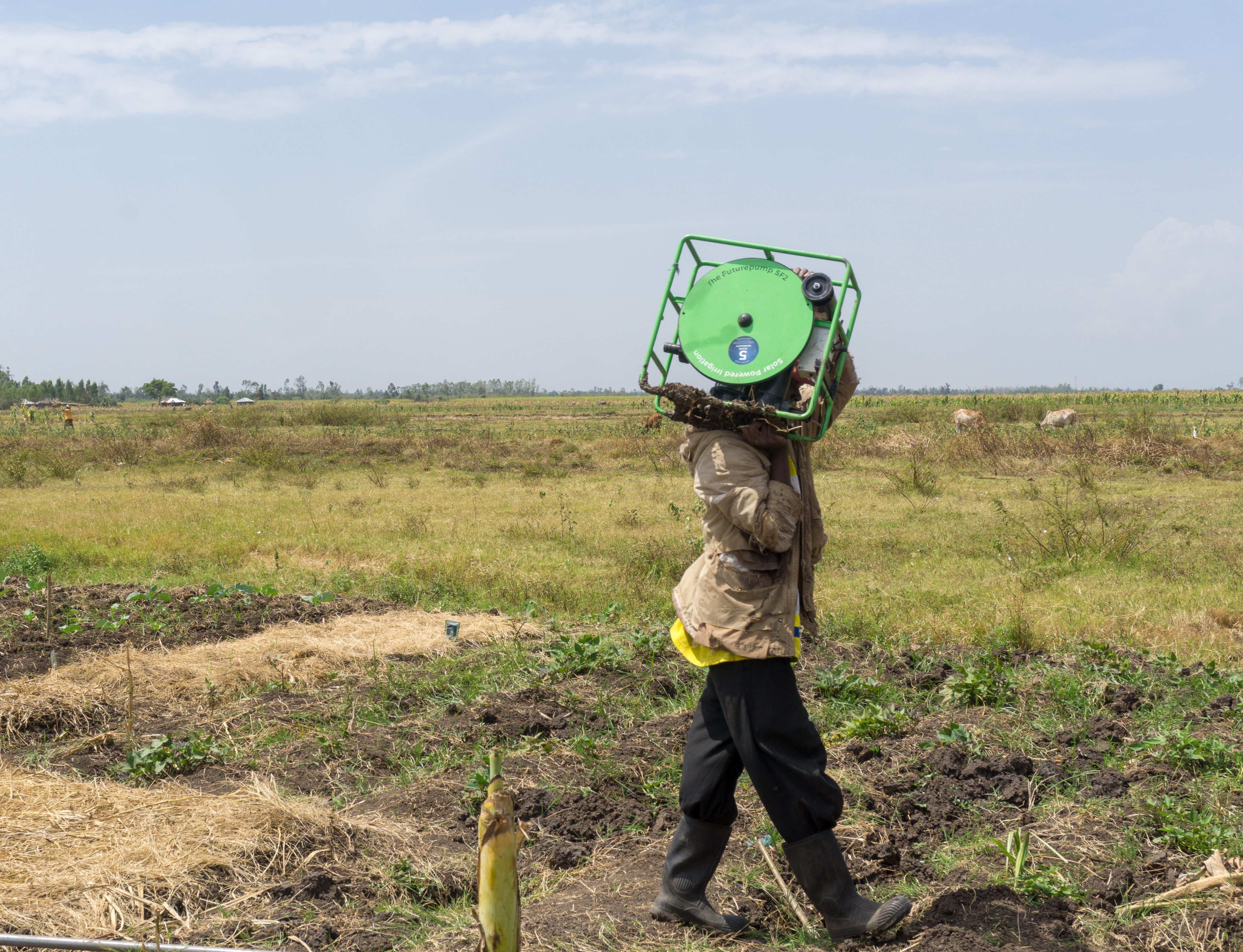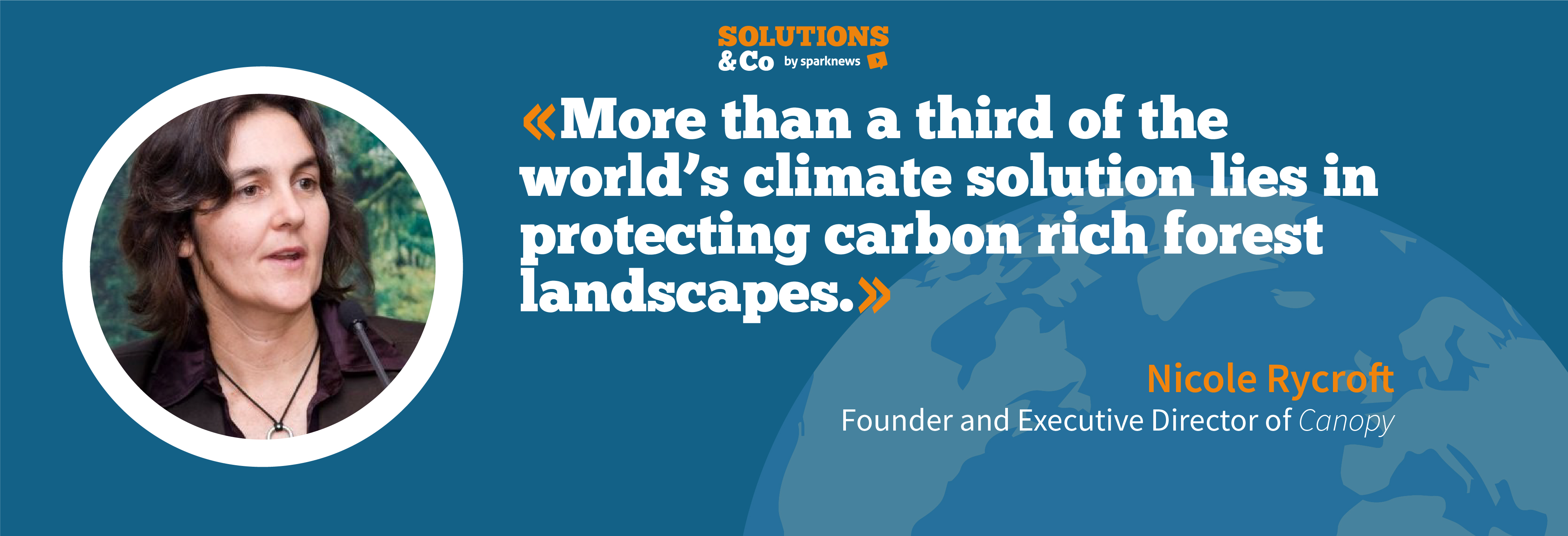Agriculture is a large contributor to climate change, mainly because of deforestation and meat production, but a lot of alternative and sustainable models are already being developed all over the world. Agroforestry for instance provides a unique opportunity to combine the twin objectives of climate change adaptation and mitigation. How can we ensure that we produce enough food in a sustainable way for the generations to come? Discover four initiatives that offer solutions for a sustainable agriculture on #Ideas4Climate
News & Events
The fourth edition of Solutions&Co has just been launched !
On December 3rd, 20 leading economic media will publish on the same day the 50 best solutions !
